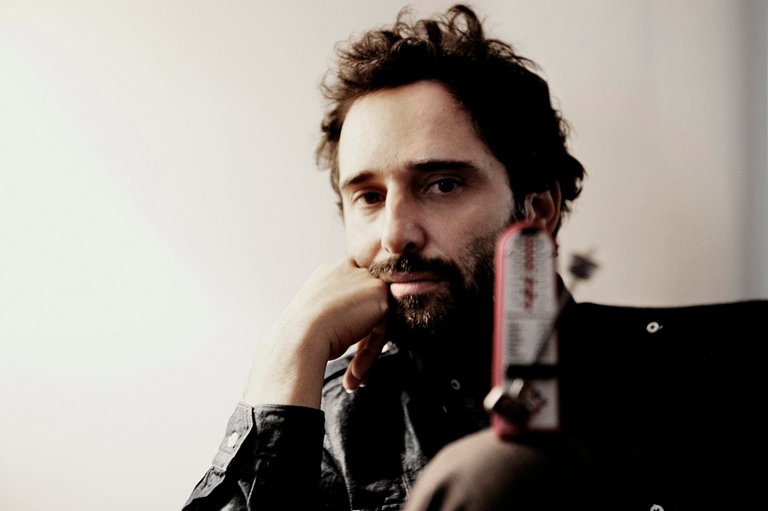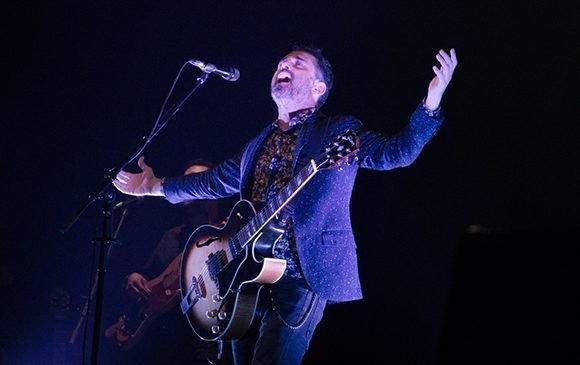
I find myself thinking out loud and I wanted to share this personal reflection. In these times the music has taken radical changes. Today self-production and self-diffusion is essential to understand how technology has generated an impact beyond expectations, creating tools that 10 years ago were unthinkable. The debate between which genre is true music and which does not fade away when you can obtain sounds from objects, animals or songs that you want to integrate the creative process of your musical project, either by placing samples or simply absorbing as sponge all the influences that you can access in the large library of albums that you can reach today in the internet.

La Musique by Henri Matisse
The creative problems of "what sounds to use" and "how to use these sounds" is more complex due to the saturation of elements that we have available, therefore, the musical evolution of each project, for this humble server, is prone to that battle between the exacerbation of access to musical tendencies and the search for a personal and genuine musical project. Art can be what you want, sometimes it's generic, sometimes personal and in the experimentation of your art you can arrive at this 2 elements.

Drexler and self-recognition
Jorge Drexler is a singer from Uruguay who walk with his verses on the globe for more than a decade. In the 90s his project blow up the diffusion by participating in the concerts of Caetano Veloso and Joaquín Sabina, inevitable character of the Spanish song that Drexler thanked for his support in the song "Pongamos que hablo de Martínez" from his last production Salvavidas de hielo. Jorge has gone through an endless amount of evident creative stages throughout each album, since 1992 with his first production approaching a minimalist project, guitar and voice, song and trova through the integration of "samples" and electronic sounds until he reach the rhythm as a starting point and generating changes in his personal creative process. The mix of the solo guitar, the technology and the "loops" are fused, for example, in the song "Guitarra y vos" from the album Eco (2004) and in Bailar en la cueva (2014) we can listen to the mix of previous elements but with the rhythm from the base, expanding the range of Latin American sounds that he dared to use (Milonga, chacarera, tonada, cumbia) and looking for something inside, something of his own.

All this descriptive paraphernalia of Drexler's musical life is to investigate a character that is essential to understand a genuine project, long-lived but without losing personality despite all those things that may affect the process, but this creative evolution worthy of my admiration also goes by the verse, by the poetry and the use of social and historical elements that surround the project. The experimentation and the self-discovery of the word and music in a sincere way, beyond the exhaustive commercial step as a way of explaining music with Drexler as one of the examples to describe the path towards creativity born of the artistic intuition, of the song created through the spontaneous birth of the human spirit and its ability to be through discovery, discovery to find something inside of us that calls us.